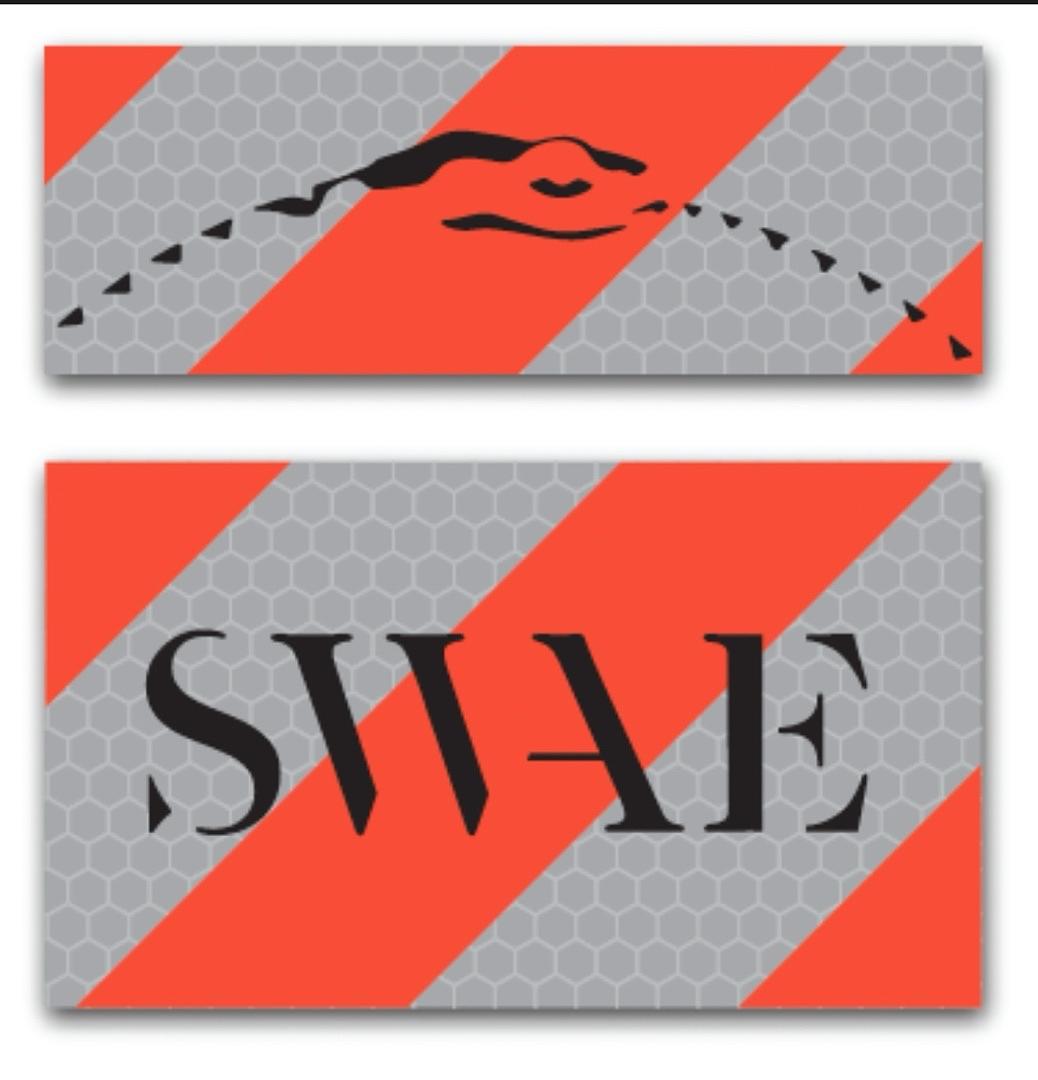Adventures
WILDERNESS UNBROKEN - THE STORY OF BOB MARSHALL
The exuberant dancing of the man before you seems to defy all reason. Working at the Forest Rangers station in Missoula, Montana, you have crossed paths with many who share a deep love of the forest and life. But this jolly character seems to exude almost childlike energy running at a superhuman level. Such profound energy gives him a vigor for life that it astonishes. All while you and the remainder of the Forest Rangers sit quietly on the sidelines, nursing aches and pains.
The day's trek called for 25 miles of wilderness scouting for the Forest Service. Bob had been discontented with the light jaunt and had the idea that adding a quick 25 more miles up the nearby mountain would be a "swell way to cap the day." Not particularly athletic looking, Bob had hiked 50 miles and was now tearing up the dance floor like a man possessed back at the lodge. Like President Franklin D. Roosevelt or Albert Einstein before you, you can't help but be impressed by this unassuming man, the inevitable charm of Bob Marshall.
In an age long before the term "ultramarathoners," Bob Marshall may have been the first. Known to hike as many as 70 miles in one day, Bob's feats on the hiking trail continue to be the stuff of legend. Many who came into contact with him over the years claim that had they not seen it - they wouldn't have believed how far that man could hike. But, his ability to tackle any mountain wasn't his greatest passion or life purpose. Bob’s singular goal was to protect wild spaces so that you and I sitting here a century later, might enjoy them for ourselves.
Born in 1901 to Louise and George Marshall, his father helped establish the Adirondack Wilderness area in upstate New York in 1885, a place the family routinely summered. Bob and his brother George came to love the area and would be the first to scale all 46 peaks above 4,000 peaks. This upbringing in nature gave Robert a unique perspective, nurturing a deep appreciation of wild spaces while simultaneously giving him access to the education he would need to fight for those places still untamed in the American landscape.
In his 20s, Bob began a cycle of going out into the American West for deep explorations of wild spaces, followed by a return to the east coast to further his education. Bob Marshall held degrees from Columbia, Johns Hopkins, and Harvard, most of which pertained to forestry practices, including a Ph.D. in Plant Physiology. Bob's experiences of the deep wildernesses of Montana and Alaska would come to life at dinner parties in New York and Washington, D.C., as he told tales of the still untamed American West, a status that Bob aimed to keep that way for time immemorial.
Dedicated to Preservation
While Bob's depth of education in forestry and love of the wilds might have been prominent, this staunch forest defender used humor and good spirits as effectively as any tool in his repertoire. Quick to laugh and tell a joke, Bob is hardly ever pictured without a smile from ear to ear. The depths of his anger were only ever characterized by an emphatic "gosh darn." This enduring quality resounded with many and helped embolden his cause. It came at a crucial time in American history when the expansion of industry seemed to dominate all discussion for the future of the natural spaces in the United States.
In 1939 Bob Marshall passed away from a sudden heart attack in his sleeper car on the way to a family gathering in New York City. He was only 38 years old. His accomplishments are too many to count, and his adventures too many to name. With so much of his life lived in seclusion among North America's deep pine forests, we are left to speculate on what adventures he didn't share with the world.
We are, however, left with this - Bob Marshall was a man well ahead of his time. He foresaw a day when industry might attempt to deprive humanity of any natural spaces left in the world and forecasted a time when technology would erode the very fabric of our humanity. As summarized in his invaluable essay "The Problem With the Wilderness":
"As society becomes more and more mechanized, it will be more and more difficult for many people to stand the nervous strain, the high pressure, and the drabness of their lives."
Modern society is increasingly an example of how the daily use of screens and other forms of digital technology have begun to wear down our mental state. Algorithms seek to divide, and comparison robs us of the joy found at the moment. In this, we share a similar sentiment with Bob. Get out. Unplug. Head to the nearest forest and leave behind the mental constraints of modern society and the continual pull of all mechanized technology. Reset, reevaluate, and consider what is essential in our lives and what is just noise and distraction.
Bob Marshall dedicated his life to ensuring we have an opportunity to find spaces untethered. It now falls on us to protect that same wilderness. We must hear the distant call from the people of 2123 so that they, too, can find respite from a world that will surely be ever larger and all-encompassing by that time.

















